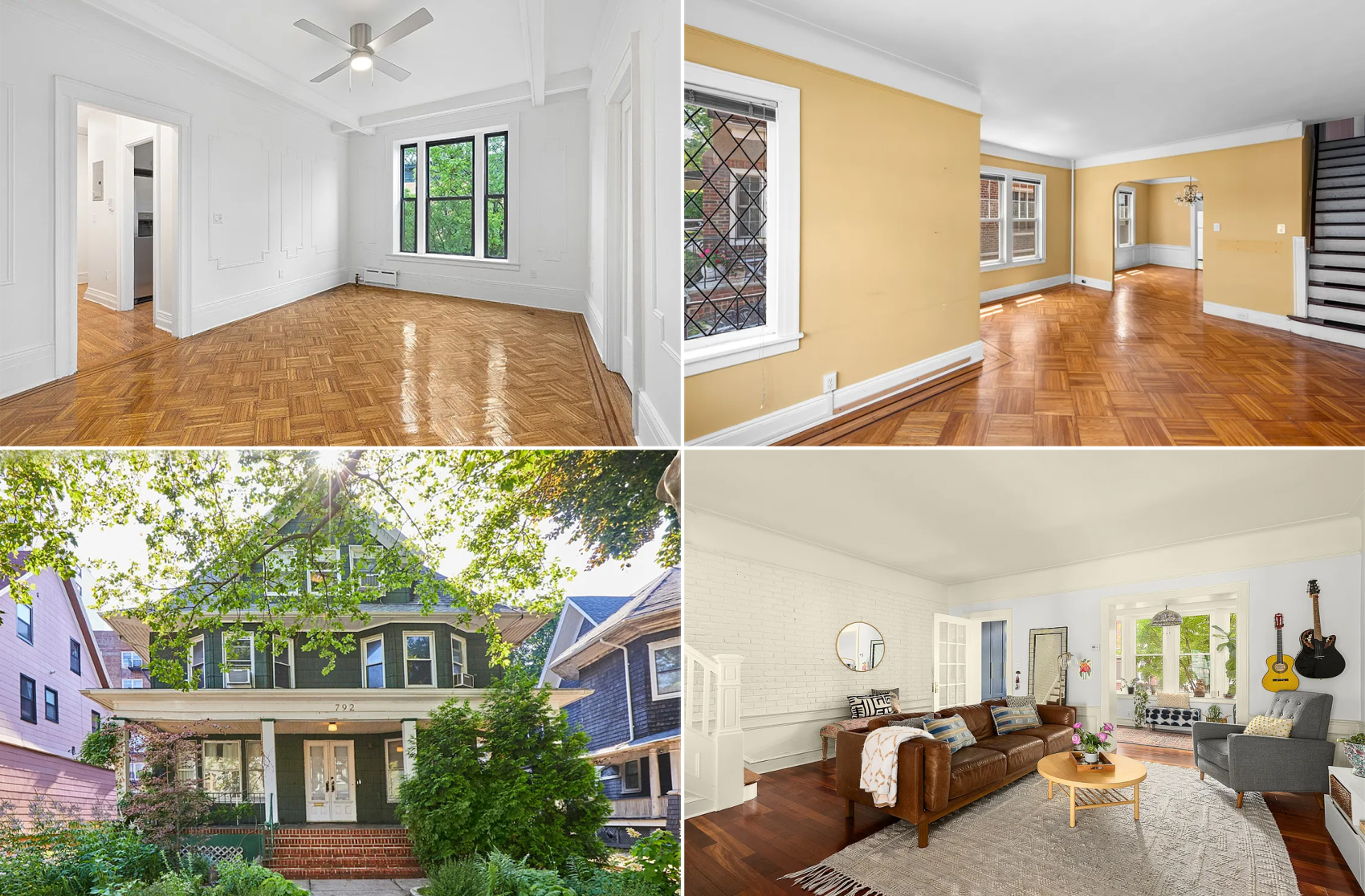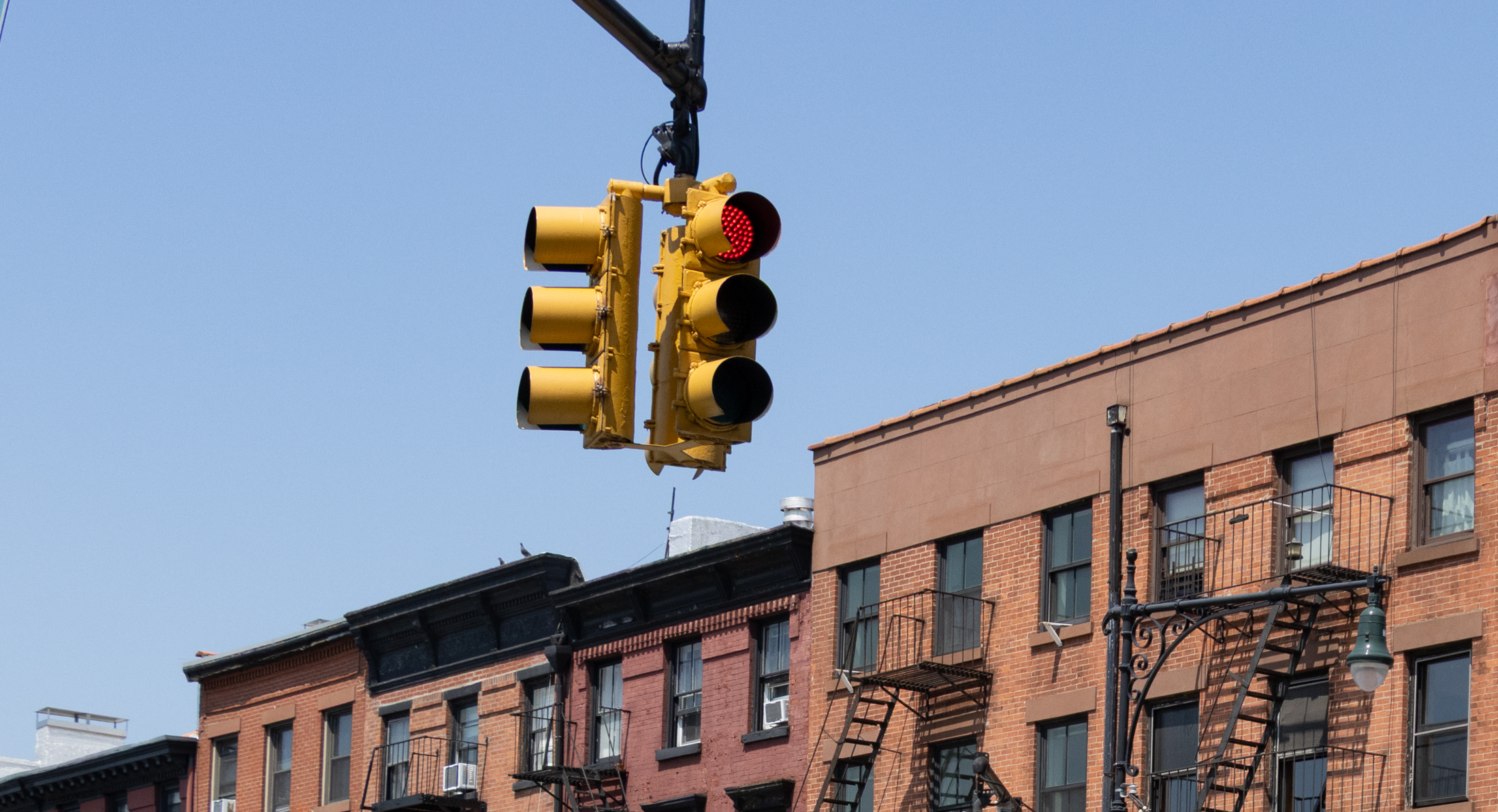Rent Stabilization: Golden Noose or Goose?
The cover story in this weekend’s real estate section of The Times takes a look at one of the most fascinating and contentious aspects of New York City real estate: Rent stabilization. On the one hand, the article profiles some people who say they wouldn’t have been able to afford to live in New York…


The cover story in this weekend’s real estate section of The Times takes a look at one of the most fascinating and contentious aspects of New York City real estate: Rent stabilization. On the one hand, the article profiles some people who say they wouldn’t have been able to afford to live in New York without rent stabilization and, on the other, it documents the frustrations landlords often encounter when trying to take buildings out of the stabilization program. We found this tidbit to be the most intriguing of the article: “[Steven R. Wagner], the lawyer, says big development companies usually figure the cost of buying out rent-stabilized tenants into the overall budget. But they are really just guessing. There is no telling how high a hurdle they will face—both legally and financially. He cited several cases in which the gap between the first offer made by developers and that accepted by tenants had been hundreds of thousands of dollars.” Any readers been on the tenant or landlord side of the aisle in a scenario where deregulation was being attempted?
The Lucky Break of Rent Stabilization [NY Times]
Photo by Listen Missy!





1) Rent – Stabilization as it’s practiced in New York simply does not help in making housing affordable. In fact, it probably does the opposite.
2) However, as vacancy rates almost never go above 5%; I do not feel sorry for New York Landlords; they have the same sense of entitlement they accuse their NYC tenants of having.
Regardless of what side of the argument you’re on; the fact is – too many, probably most New Yorkers simply spend more of their income than they should – on rent, RS as it exists is not the answer.
bkhabitat – uhh not really -> the “discount” you get on a RS building is not much different than the discount you get on a non-RS building where the apartments have below market rents. Sure there might be a sightly bigger discount in the RS (based on the present-value of $ and the longer term it will take to get RS rents to = market) but if you think that a RS building would get a significant discount to an identical non-RS building in the same neighborhood, with the same RR you are wrong.
Price is determined by RR and the ‘potential’ to earn more in a non-RS building is only of minor consideration – why you ask? – because Commercial RE is a leveraged business and banks (except during the frenzy of the mid-late ’00s) dont finance based on potential – they finance based on income (i.e. RR).
So no this “deal” you speak isnt so simple nor does “fairness” (as if there is such a thing) dictate a – tough to the LL approach across the board.
Wow two immature naive comments from both sides of the political aisle – one after the other.
dieselfuel – I’ll ignore the fact that in most of the non-gentrified neighborhoods in NYC; RS provides NOTHING to keep NYC ‘interesting’ since the market rent and the stabilized rent is usually equal (or the RS rent is higher than market rent) – essentially you already have vacancy decontrol in most of these places. So limiting myself to your broader point – If you think that “interesting” people (and culture) only come from the people at the lower part of the economic ladder, you are a complete moron. (and a horrible student of history and as a culture observer). In fact it really is classicism and potentially racist about the idea that poverty (and or/economic struggle) is “interesting” – unless maybe you are in that group yourself.
Polemicist – I think the “major hurdle” is that many people will resent (and potentially stop working) when they realize that the government is simply “giving money”to poor people. If the solutions to our problems were so easy to solve – they would already have been.
fsrg, the “deal” a buyer made when they purchased a building at a below market price (because of the presence of a RS apartment) is that they got a discout on the building specifically because of the presence of the RS apartment. The variability in costs and variability in RS rent increases is exactly the reason for the discount in the first place.
“The sad result is the city has become arguably MORE segregated as a result.”
This comment is almost complete bullshit. There are others reasons for this city being so segregated and continuing to be so that are historical and basis and have very little to do with rent stabilization.
Polemicist:
Boston is a very different place than New York.
BrooklynButler:
You’re wrong. The quality and quantity of housing improved. Rents in Boston did go up but only because the rents were so low to begin with. Elimination of rent control in Boston is a huge success story.
The diversity comment is also a crock. Nowhere are fair housing laws more frequently, obviously intended only as part of anti-white bias as rent stabilization in NYC.
Rent stabilization, as another commenter notes, results in an informal shadow economy forming. The units aren’t put on the market, but go to “who you know” – which inevitably means someone of your race. The sad result is the city has become arguably MORE segregated as a result. Chinatown? Are any of them being sued for obvious discrimination against everyone who is not chinese?
The mechanism that has been most responsible for drastically reducing the number of rent-regulated apartments in NYC is the conversion process of rental buildings to co-op and condos. Thousands and thousands of former renters bought at reduced prices and made mints. Those who chose not to buy will be the last renters in the units because as the die or move the units are sold, not rented, at full market prices. The co-op and condo conversion phenomenon has transformed New York from a city of renters to a city of owners. And it has all happened within the past thirty years.
All public subsidies need to be scrapped in favor of a national minimum income.
We don’t have the money to pay for the inefficiencies that come from thousands of programs. Rent ceilings in NYC are just the most blatant, outrageous example – but all of them are just as bad.
Some people are poor. Fine. Give them the money and be done with it.
Major hurdle: a million people probably work in jobs “helping” the poor who will be out of one if this system were implemented.